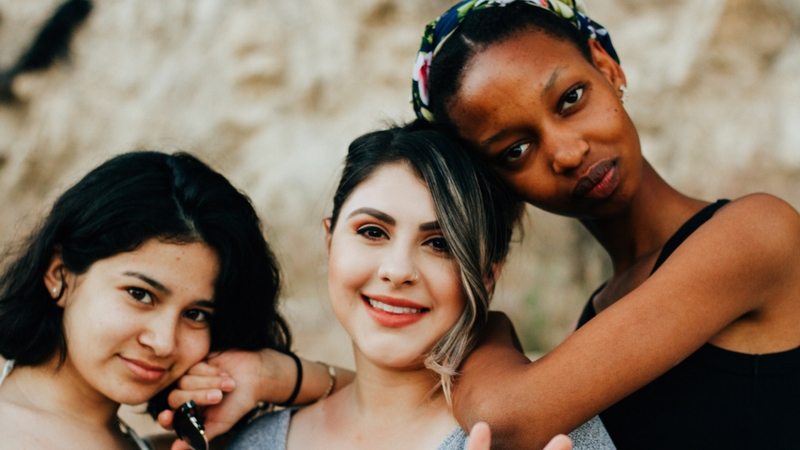Who Gets to Speak? Intersectionality, Gender, and Contemporary Philosophy
Episode #9 of the course Women in philosophy by Will Buckingham
One of the questions in the background of this course has been the question of who gets to speak in philosophy. But it is also the question of whom philosophy is speaking about and on whose behalf it is speaking.
Once we start to ask questions like, “who gets to speak?” and “on whose behalf?”, we find there are issues that we have to consider beyond that of gender. The exclusion of women from philosophy and the male bias in the tradition intersect with other kinds of bias and exclusion. Philosophy in the West, for example, has not only tended to exclude women but also other traditions of thought that might offer valuable contributions to our understanding of human life, such as Asian philosophies, Africana philosophy, and Latin American philosophy.
Intersectionality, Exclusion, and Philosophy
This matters for how we think about women in philosophy because of what feminist legal scholar Kimberlé Williams Crenshaw (born 1959) has called “intersectionality.” For Crenshaw, these forms of oppression and exclusion—based on race, gender, sexuality, class, or culture, for example—do not exist in isolation, but intersect in complex ways. So, if we want to understand the dynamics of how women are excluded in philosophy, we can’t only ask about the exclusion of women. We have to ask about the other kinds of exclusion at play in philosophy and how these all overlap and interact.
Opening Up New Spaces
This is a complex discussion, but let us look at one particular issue at the intersection of race, gender, and philosophy: the question of the underrepresentation of Black women in contemporary philosophy.
In a paper called, “Being a Black Woman Philosopher,” published in Hypatia journal in 2011, philosopher Kathryn T. Gines (b. 1978), writes, “A typical introductory philosophy course or textbook presents the history of philosophy as originating in ancient Greece…and continuing through the middle ages, modern period, and contemporary period with a list of almost exclusively white, male, European (and a few American) philosophers.” As Gines points out, many professional philosophers “would not have it any other way.”
If you are attentive, you will have noticed that—other than the fact that the philosophers we’ve been talking about in this course are mainly women—this course has followed the same trajectory. It has not looked at philosophy in general. It has not looked at Asian, Latin American, or Africana philosophies. What worries Gines about this is that it puts limitations on the questions that philosophy can ask and the ways it can go about answering these questions.
If we recognize how restricted the philosophical tradition is—not just because of the exclusion of women but because of all those complex intersectional factors—and if we think there is good reason not to be happy with this state of affairs, then there are two ways forward. The first is to give up on philosophy as irredeemably broken. Many scholars and writers working on gender, race, and intersectionality also work in areas outside the traditional heartlands of philosophy: law, education, literary studies, sociology, and so on.
The second approach, Gines’s, is different. She believes that philosophy still has something unique to offer, and she is interested in opening up new spaces for exploration within philosophy and in looking for ways that philosophy might be expanded. To that end, in 2007, she founded the Collegium of Black Women Philosophers to help mentor and support Black women in philosophy and to find ways of beginning to expand the discipline.
Tomorrow, we will return to some of these issues by looking at the question of the future of philosophy and where it might go if it could move beyond its traditional limitations.
Further learning
Reading: Vimal Patel’s essay, Diversifying a Discipline, is well worth reading.
Resource: Visit the Collegium of Black Women Philosophers website.
Share with friends

